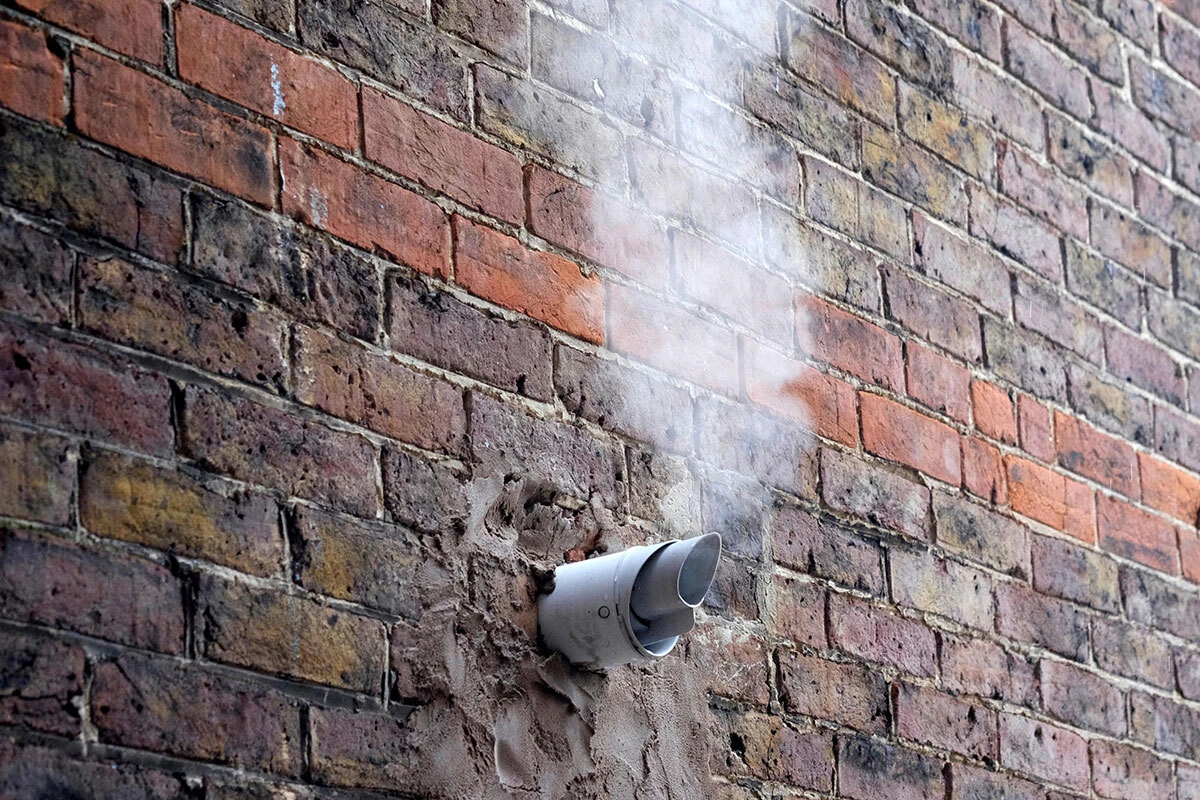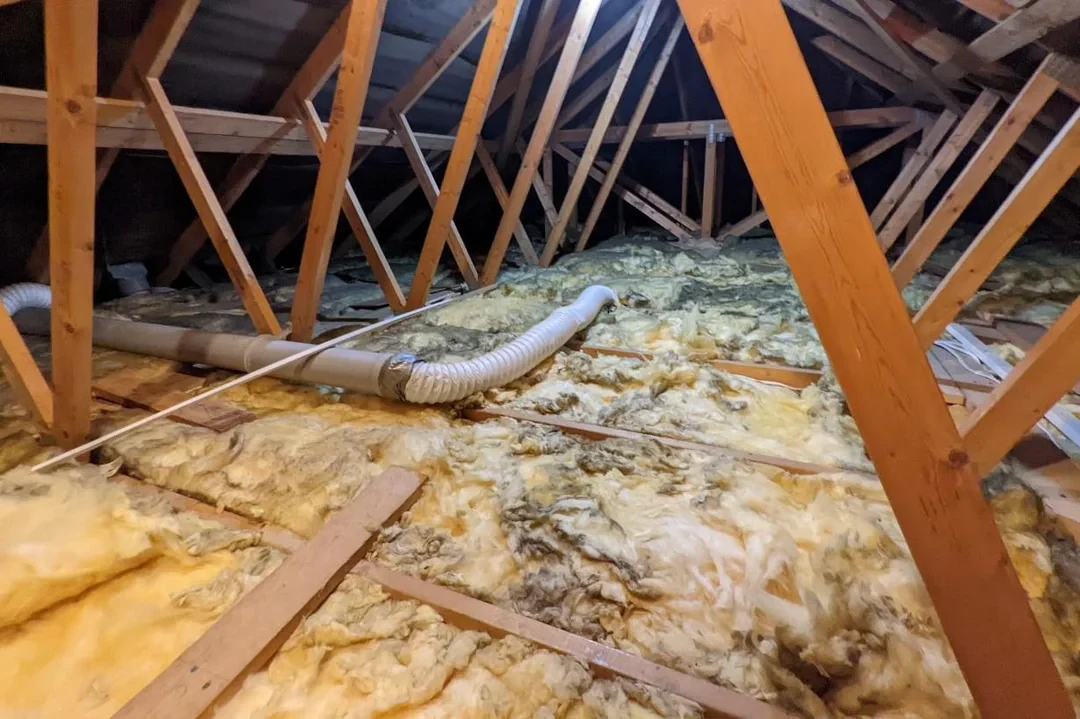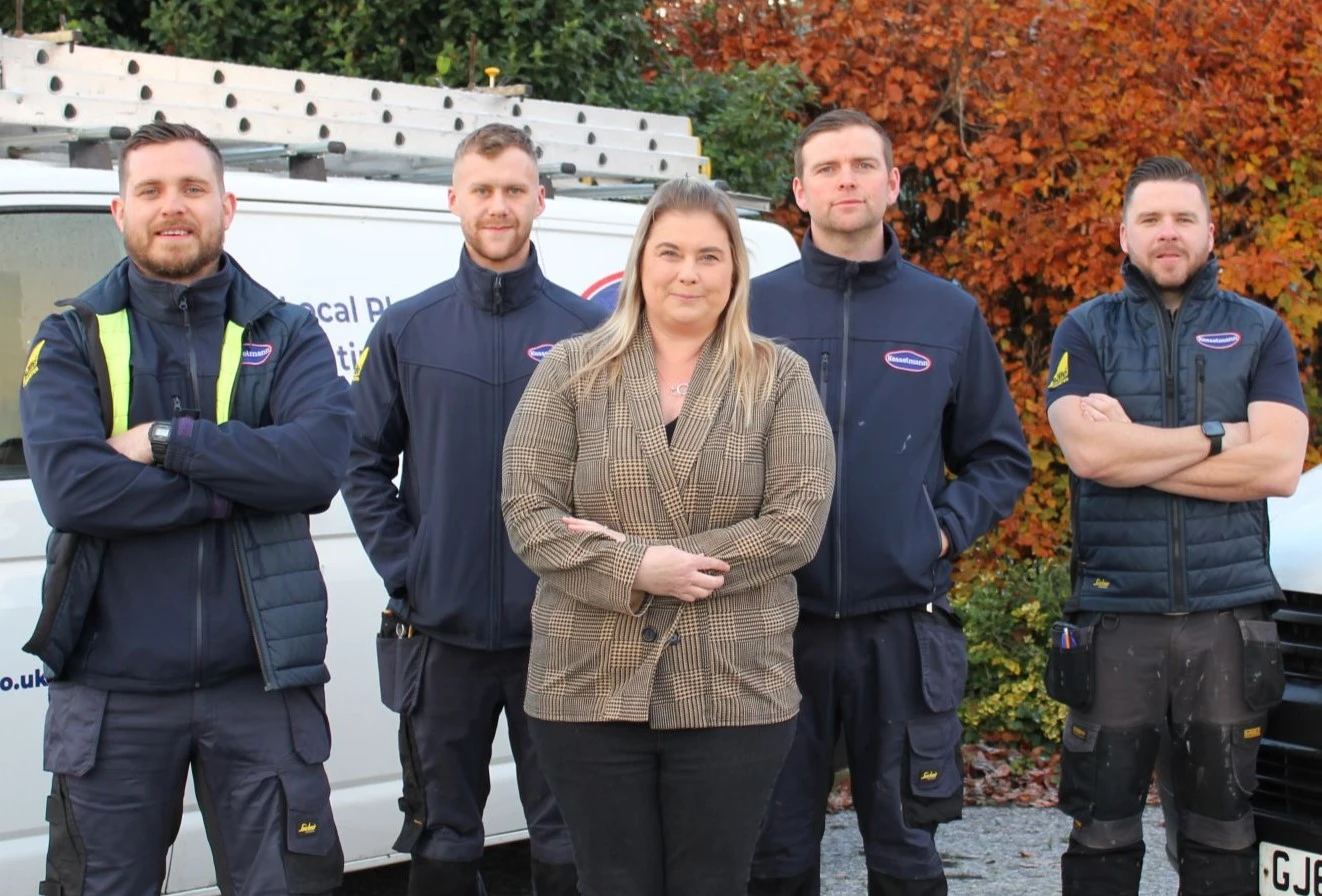01/02/2025
Introduction
Choosing the right shower is more than a functional decision—it’s about creating a relaxing, enjoyable experience tailored to your home’s needs. Whether you're renovating your bathroom or designing your dream space, understanding the different types of showers will help you choose the perfect fit.
This guide breaks down the three main types of showers—electric showers, thermostatic mixer showers, and power showers—and explains when a shower pump might be the solution for improving water pressure. We’ll also discuss factors like your home’s water system, boiler type, and energy efficiency to help you make an informed choice.
Electric Showers
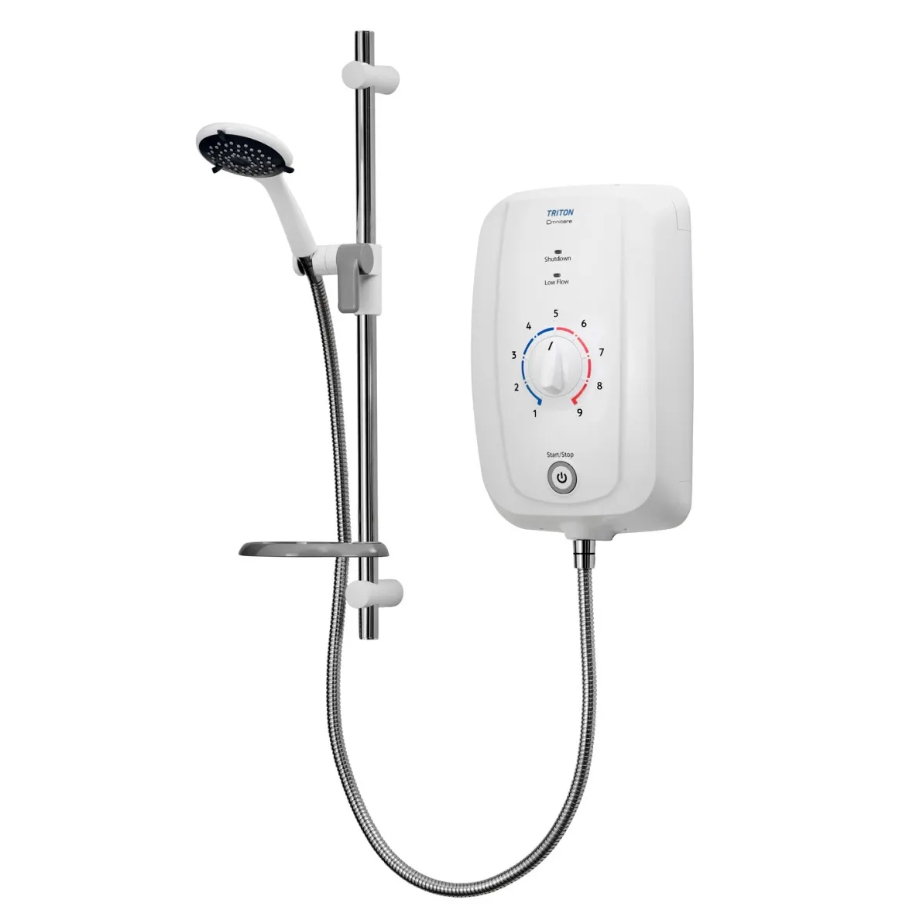
How They Work
Electric showers heat cold water on demand using an internal heating element. This independent system means they function regardless of your home's boiler or hot water system.
How to Identify
Electric showers are compact, wall-mounted units with a power connection. They typically have a simple control system, often a dial or buttons, to adjust the temperature.
Pros
Energy Efficient: Only heats the water you use, reducing wastage.
Works with Low Water Pressure: Ideal for homes with less-than-perfect water flow.
Always Hot Water: No need to rely on a pre-existing hot water supply.
Cons
Weak Flow Rate: Without additional pressure, electric showers can sometimes feel less powerful.
Reliance on Electricity: Power outages mean no access to hot water.
Best For
Electric showers are best suited for homes with low water pressure or those needing an independent hot water supply.
Thermostatic Mixer Showers
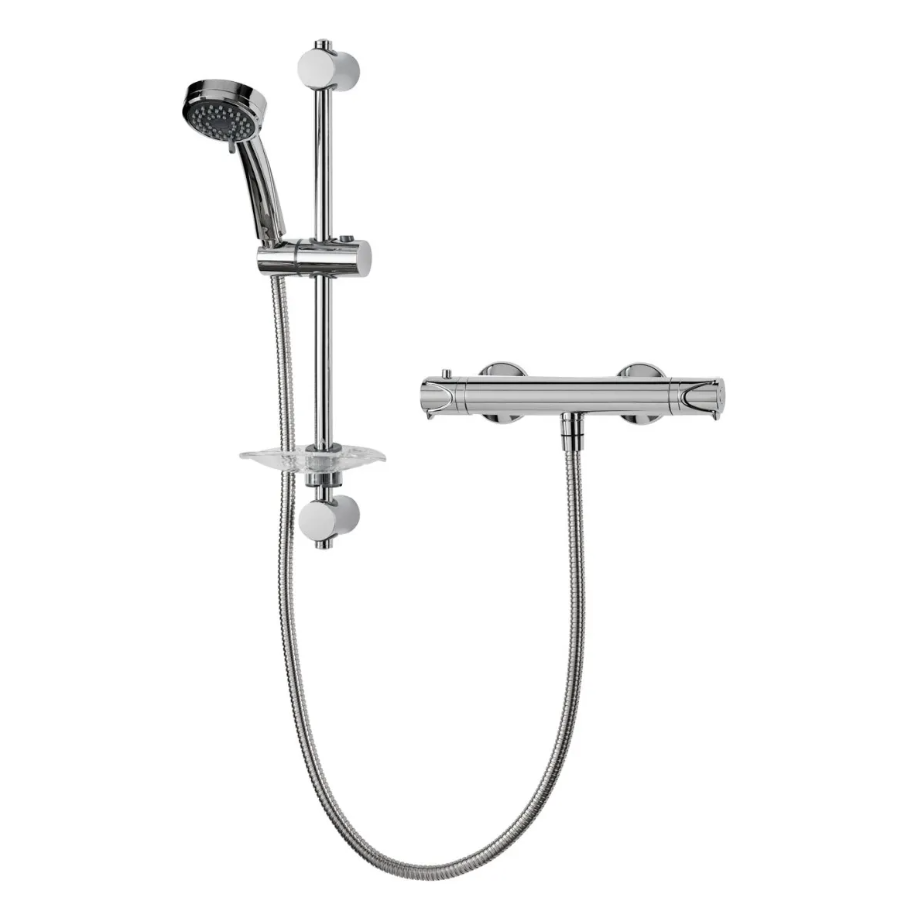
How They Work
Thermostatic mixer showers mix hot and cold water from your home’s supply, ensuring a steady and comfortable temperature. A built-in thermostat quickly adjusts to any sudden changes in water supply, so you won’t experience those dreaded temperature spikes.
How to Identify
These showers are connected to both hot and cold water pipes and generally feature two dials—one for flow control and the other for temperature.
Pros
Reliable Temperature Control: Guarantees consistent water temperature for a comfortable experience.
Strong Flow Rate: Provides better pressure when used with a robust water supply.
Cons
Dependent on Hot Water Supply: Requires a reliable source of hot water, such as a combi boiler or hot water cylinder.
Not Ideal for Low-Pressure Systems: May need additional equipment, like a pump, in such cases.
Best For
Thermostatic mixer showers are perfect for families or households with combi boilers or stored hot water systems.
Power Showers
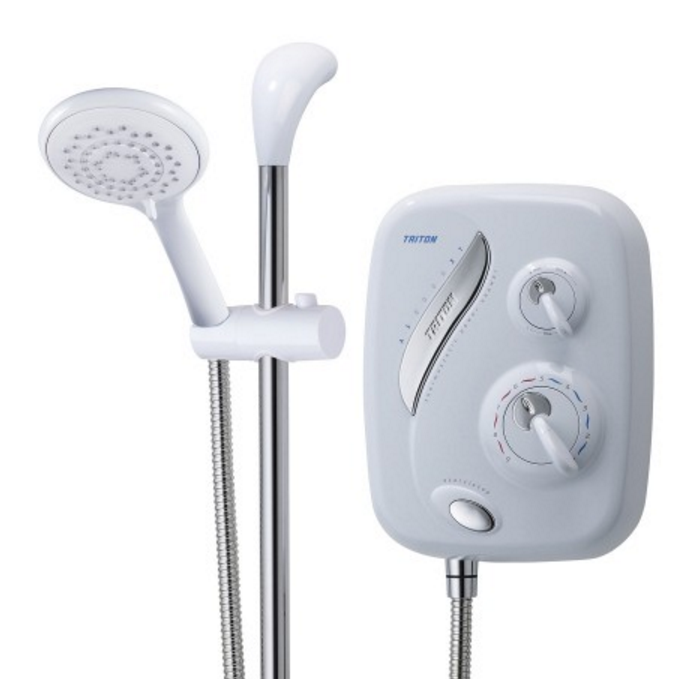
How They Work
Power showers function like mixer showers but come with an integrated pump to boost water pressure. This makes them ideal for homes with weaker water supply systems.
How to Identify
They look similar to mixer showers but often have a bulkier unit that houses the internal pump.
Pros
Boosted Pressure: Delivers a powerful shower experience.
Efficient for Low-Pressure Systems: Designed for gravity-fed systems with hot water cylinders.
Cons
Higher Water Usage: May lead to increased water bills.
Compatibility Requirements: Needs a gravity-fed water system to operate.
Best For
Power showers work best for homes with low water pressure and traditional gravity-fed systems.
Shower Pumps – What They Are & When to Use Them
Sometimes, despite choosing the perfect shower type, weak water pressure can still dampen your experience. That’s where shower pumps come in.
What They Do
Shower pumps boost water pressure, improving the performance of mixer and power showers.
Types of Shower Pumps
Positive Head Pumps: Activated when there’s enough flow from gravity to reach the pump.
Negative Head Pumps: Designed for systems where water struggles to flow down to the pump naturally.
When You Need One
Signs that suggest you might need a shower pump include trickling water flow or a generally weak showering experience.
Choosing the Right Shower for Your Home
Factors to Consider
When picking a shower, think about the following factors:
Water Pressure: Check your home’s pressure levels and whether they require a pump.
Boiler Type: Electric, combi, and gravity-fed systems influence which showers are most suitable.
Energy Efficiency: Electric showers are generally more efficient for occasional use, while mixer showers are better for consistent pressure.
When to Use a Shower Pump
If your water pressure isn’t sufficient for a mixer or power shower, installing a suitable pump could make all the difference.
Create the Perfect Shower Experience
Understanding the different shower types and their suitability for your home ensures you make the ideal investment. Whether you choose an electric shower for its convenience, a thermostatic mixer for reliable comfort, or a power shower for its invigorating flow, the right choice depends on your water system and personal preferences.
If you're unsure about your home’s setup or would like to explore how a shower pump can improve your water pressure, reach out to a professional plumber. They’ll guide you through the installation process and make sure you get the most from your new shower.
